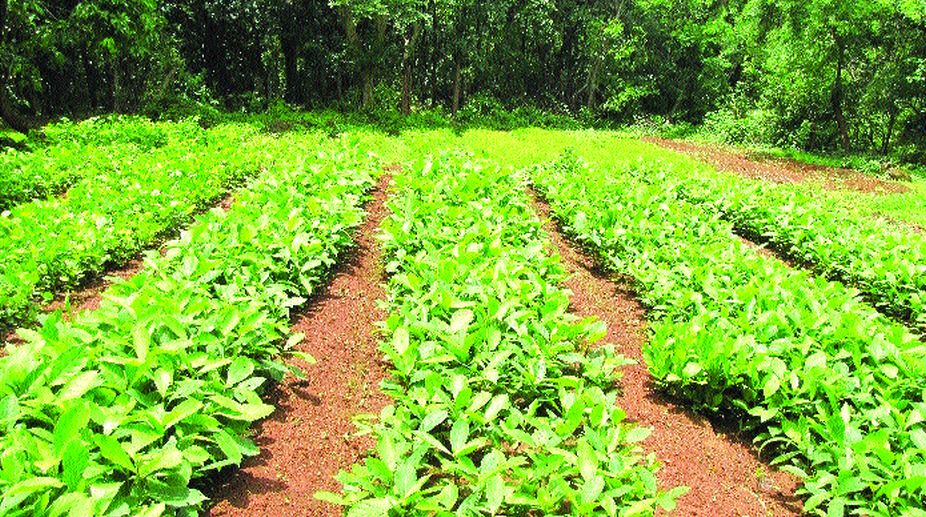The Western Ghats are known for being a biodiversity hotspot. Preserving and enhancing the biodiversity around the catchment areas of six lakes in the Maval and Mulshi Taluka (blocks) in Pune district has become a National priority. For this, Maharashtra government’s Afforestation Programme has been initiated to counter the increased pressure on the biodiversity found in the region due to growing human and cattle population.
In this context, Tata Power, India’s largest integrated power company, has been working relentlessly towards promoting bio diversity and environment conservation at its facilities across the country. In continuation with this commitment, Tata Power has been associated with Maharashtra’s forest department for its afforestation programme.
Advertisement
Over the past 40 years, the company has planted saplings of fast growing tree species, native to the Western Ghats on the hill slopes of the lake catchments. The afforestation programme was intensified in 1991 and continues till date. During the last 10 years, the focus has been on growing indigenous local tree species found in the Western Ghats. These plants are nurtured at the nurseries of Tata Power in Lonavala. This process is necessary to support the biological diversity in the eco-forest system and in turn restore the habitat for selected fauna.
The success of this initiative has, therefore, become imperative to the ecological improvement of the lakes and for the conservation of the flora, fauna and aquatic diversity therein. Tata Power plants around 9-10 lakh saplings annually at all its hydro catchment areas. The species selected include Saraca, Pongamia, Mangifera and Caryota for plantation as they are mostly indigenous forest species grown on the Western Ghats, which are slowly decreasing in numbers and need to be planted on a large scale to ensure conservation.
Due to diligent efforts, over 100 lakh saplings have been planted across different locations in the hydro catchments in Maval and Mulshi areas. Through this effort, the project aims to make the area green and picturesque, with the hope that this will attract several species of animals, birds and butterflies, thus ensuring that the Western Ghats continue to be known as a biodiversity hotspot across the globe.
Speaking on the initiative, Ashok Sethi, COO and ED, Tata Power, said, “Through this activity, we aim to preserve and enhance the biodiversity surrounding our facilities in the Western Ghats. This will go a long way in ensuring that our future generations will enjoy the same amount of natural resources that we have enjoyed. As responsible custodians of our operating environment, we at Tata Power will strive to continue nurturing nature thorough the Afforestation Programme initiated by the Forest department of the Government of Maharashtra.”
Under the project the company has enlisted the help of rural women as well as college students in its plantation drives. “This has provided rural women with income generation opportunities, while placing them on par with their male counterparts in awareness on environmental protection and conservation” Sethi added.
Biodiversity loss
All the lake catchment areas are very important from the biodiversity point of view and play an important role in maintaining the ecological balance in the eco-system. Deforestation has also led to the extinction of certain valuable flora and fauna. The species that were found here but are now untraceable are the White-bellied Black Woodpecker, Malabar Trogon, Ceylon Frogmouth, Slender Loris and the Tiger. Others like the Fairy Bluebird, Nilgiri Wood Pigeon, the Great Hornbill, Indian Blue Robin, the Sambar and a few more have become scarce too.
The Striped Tiger Butterfly migration, which occurs at downstream of Walwhan dam during February, is an example of availability of food material and protection provided to attract them.
As part of its efforts on sfforestation, Tata Power has initiated development of nurseries for indigenous and endemic forest species, medicinal plants and giant creepers; gifting grafted mango plants to villagers; and plantation in continuous trenches for conservation of water and reducing siltation. It has also taken up awareness drives on prevention of forest fire, teacher’s training workshops in environment education in schools and organising environment fairs.











